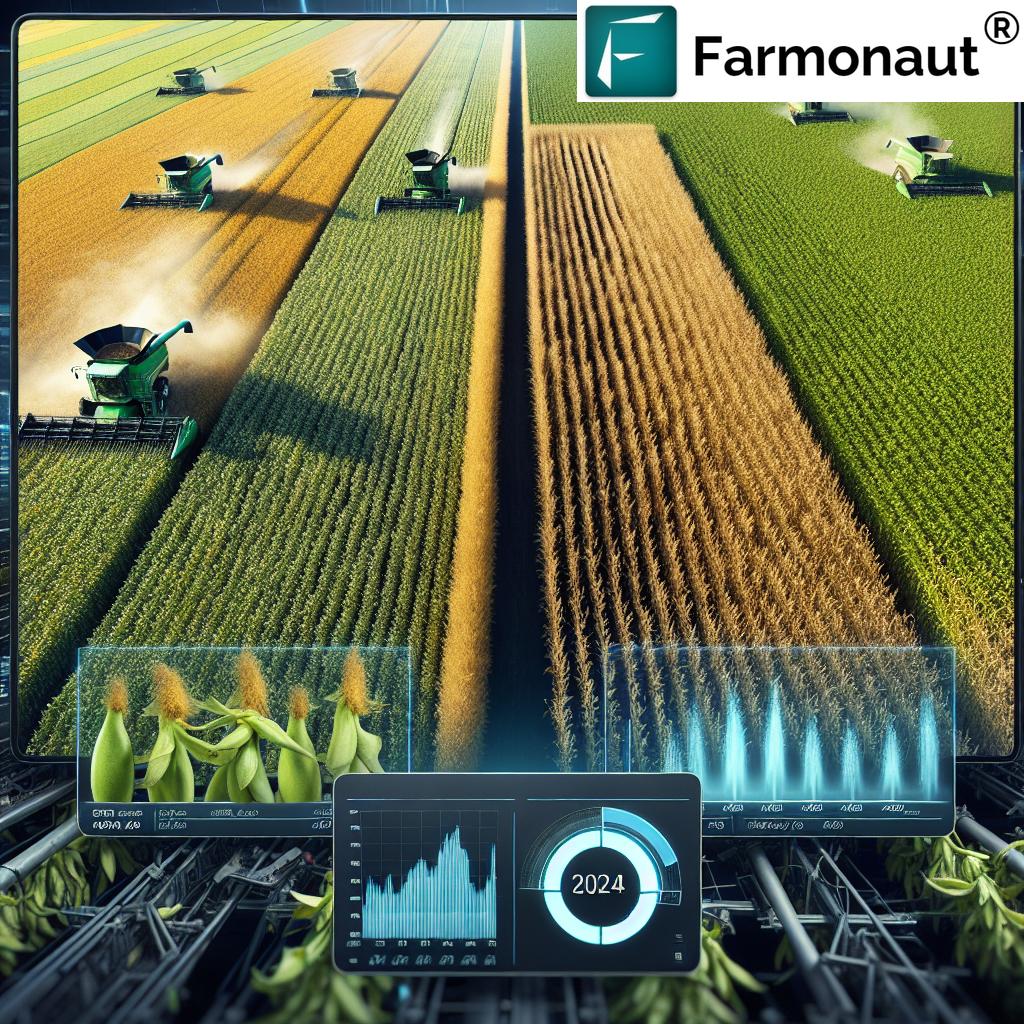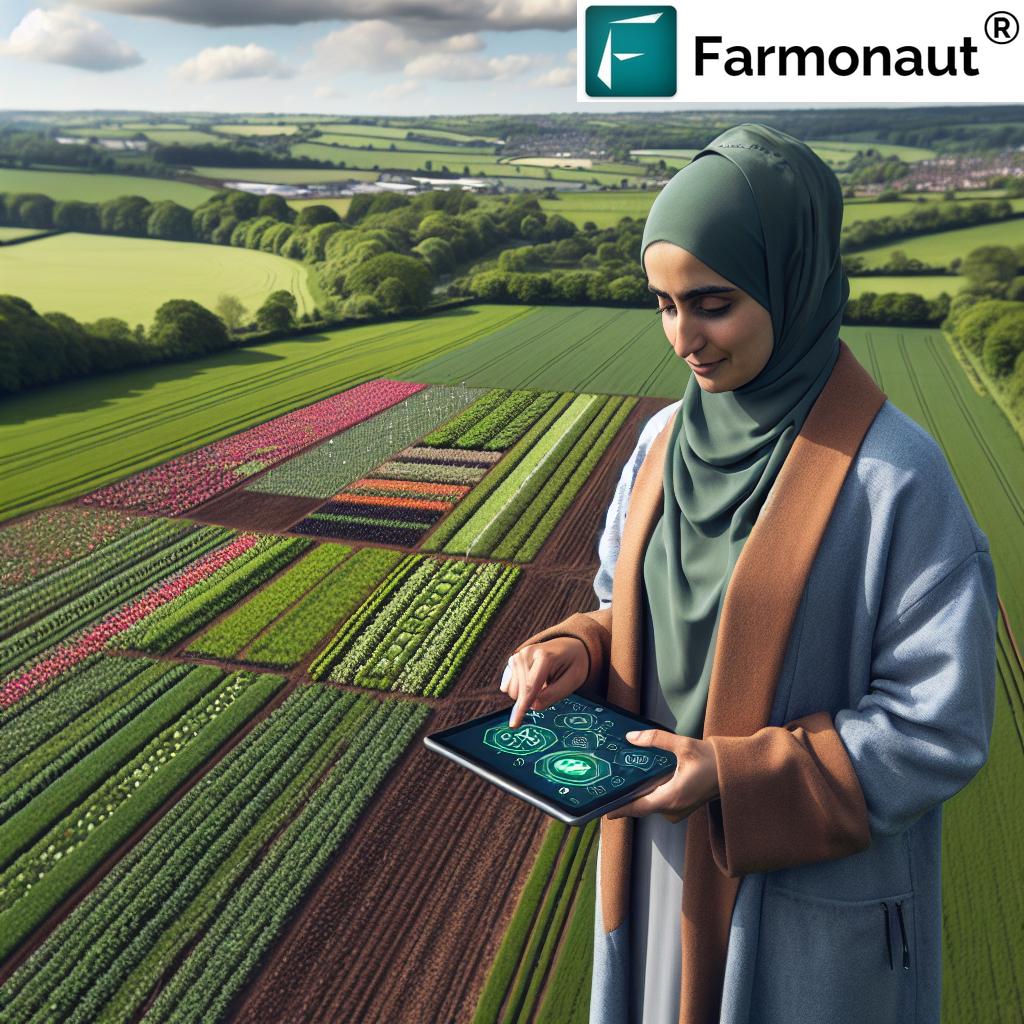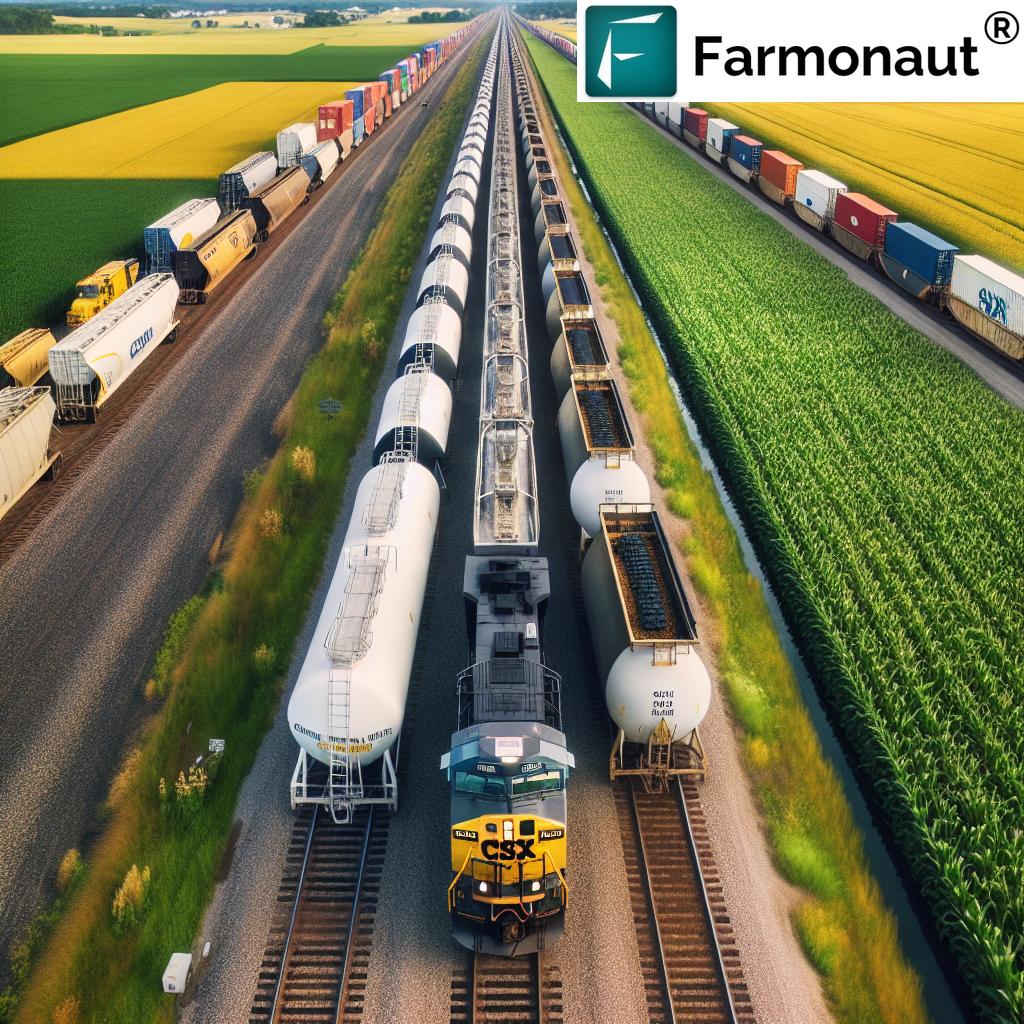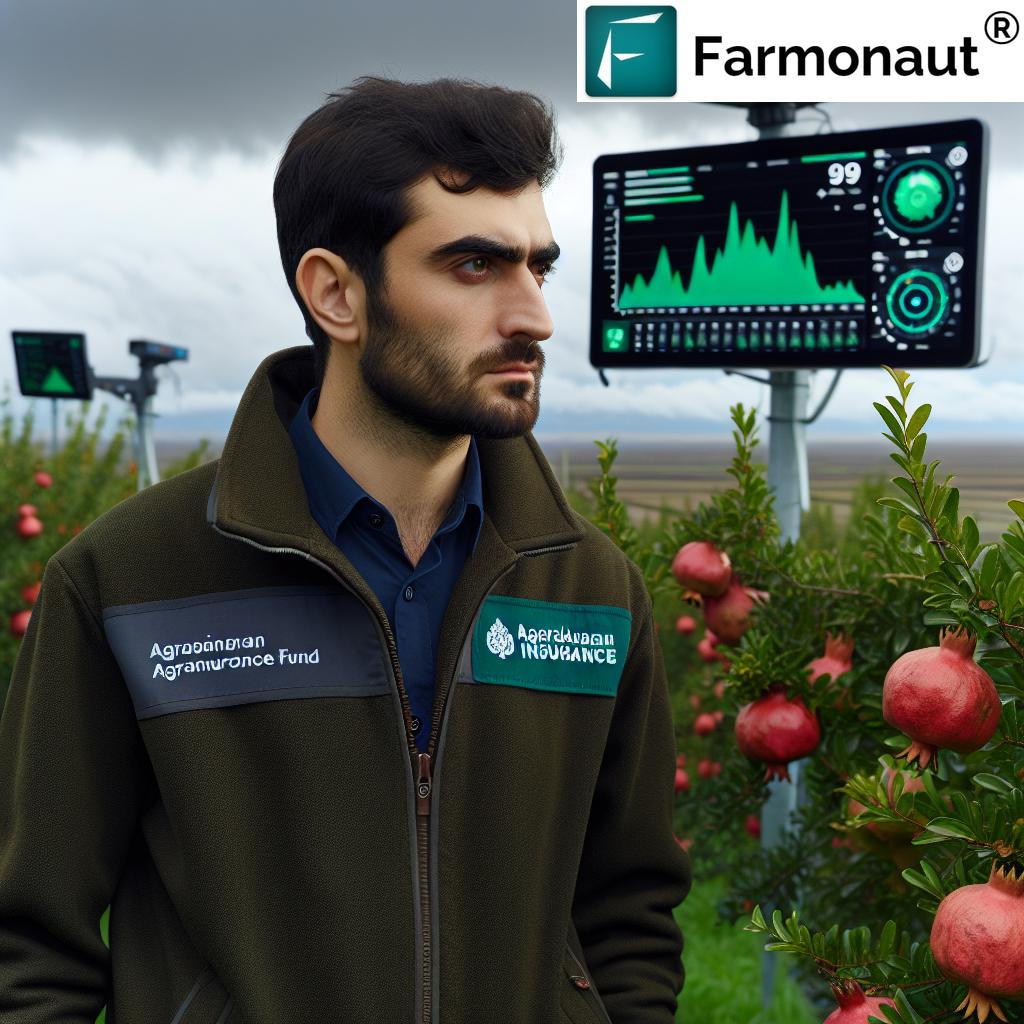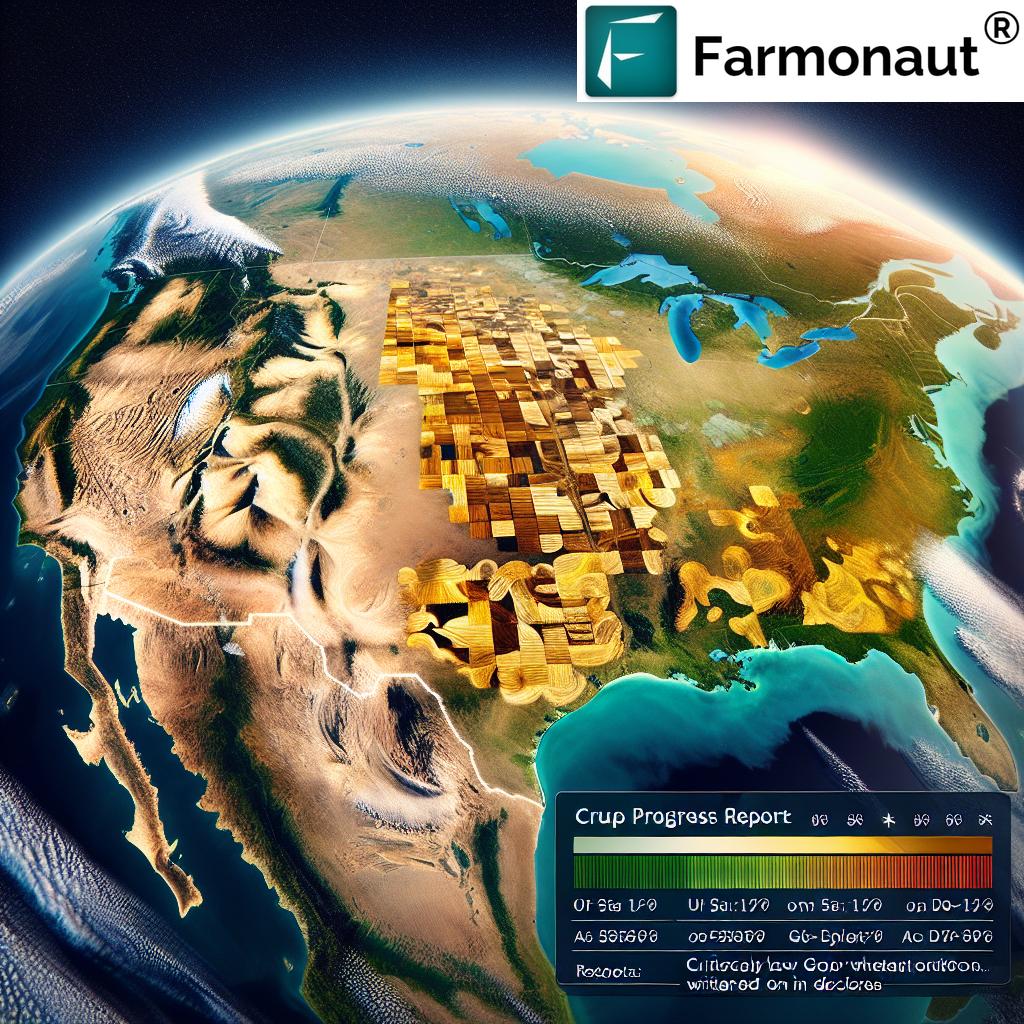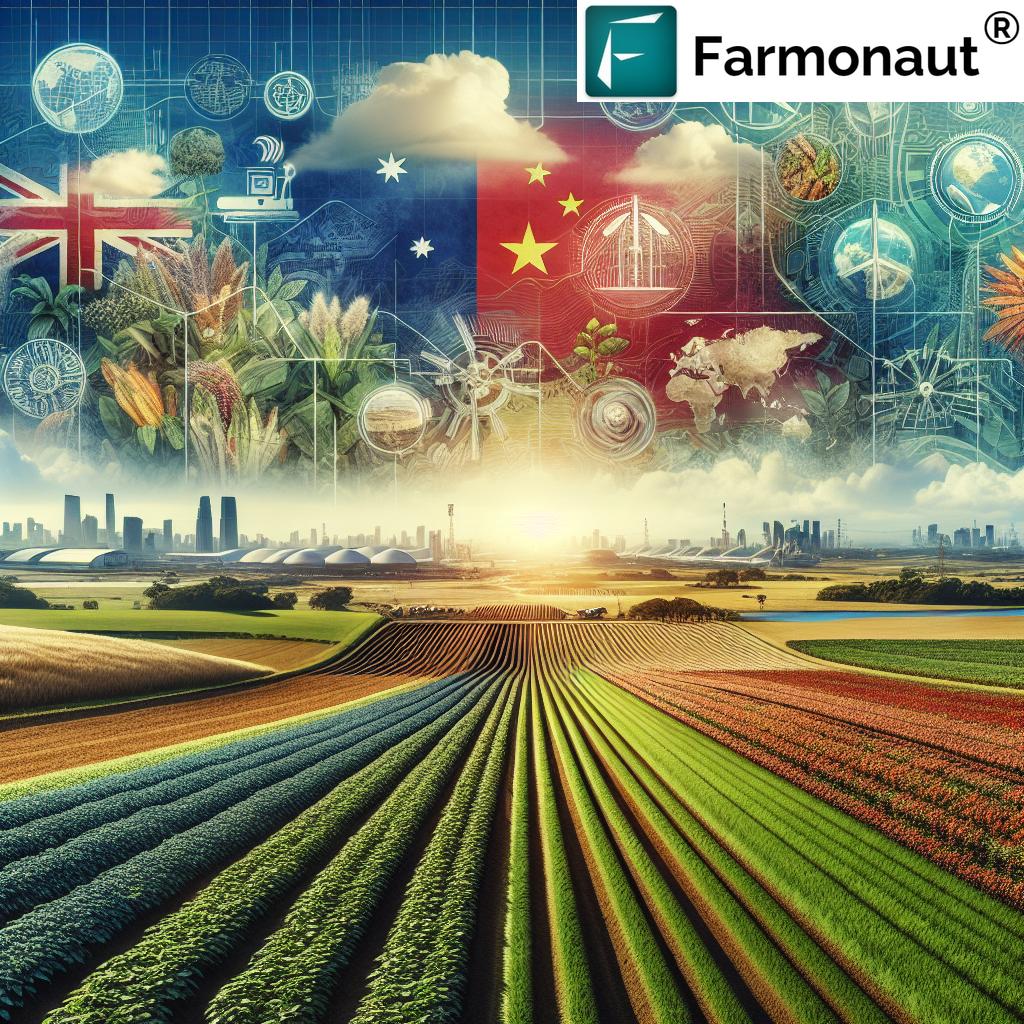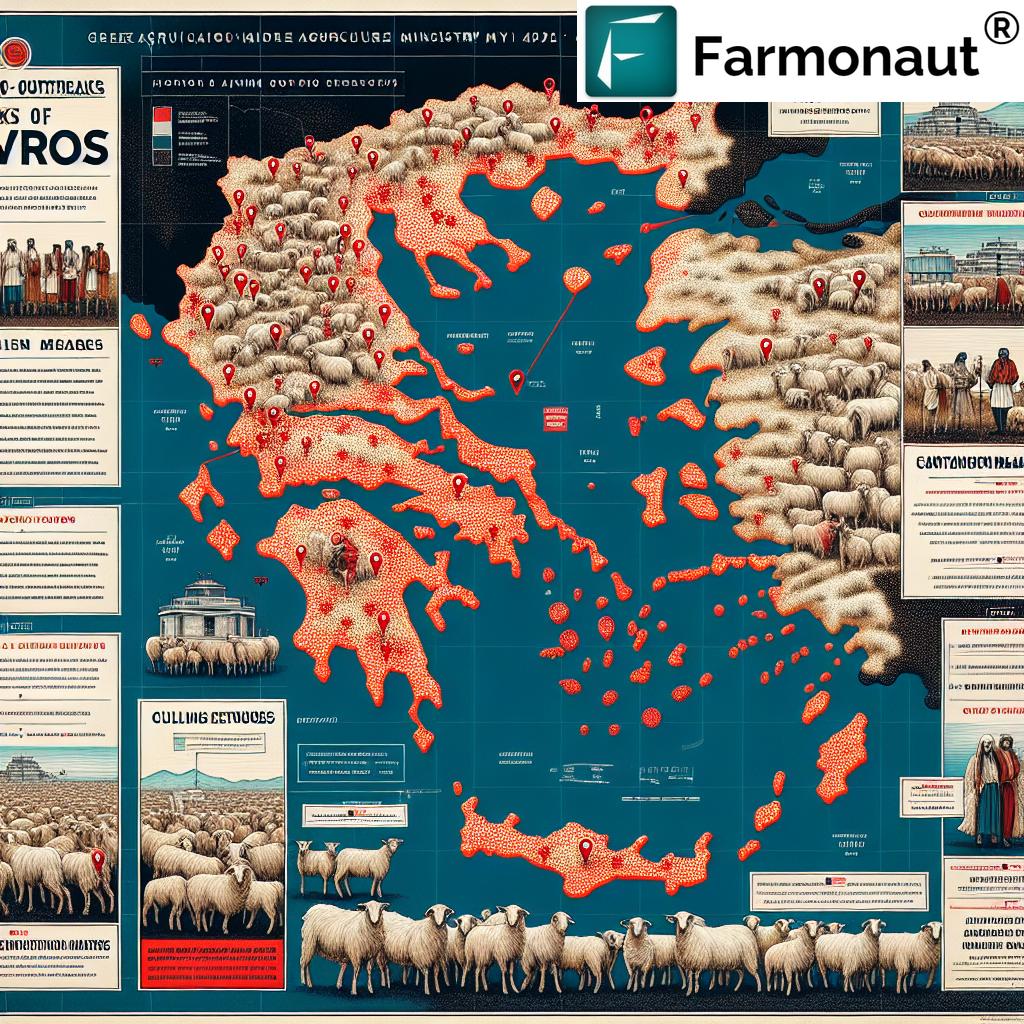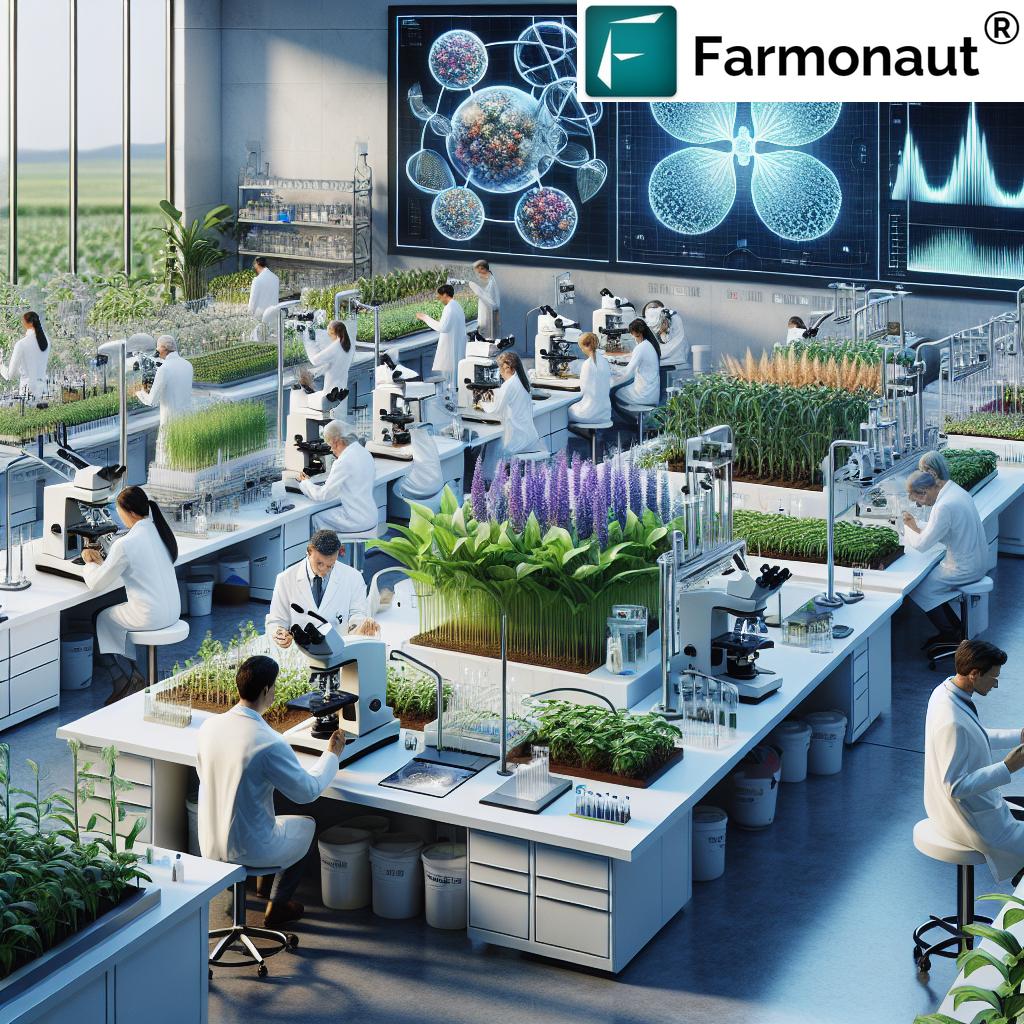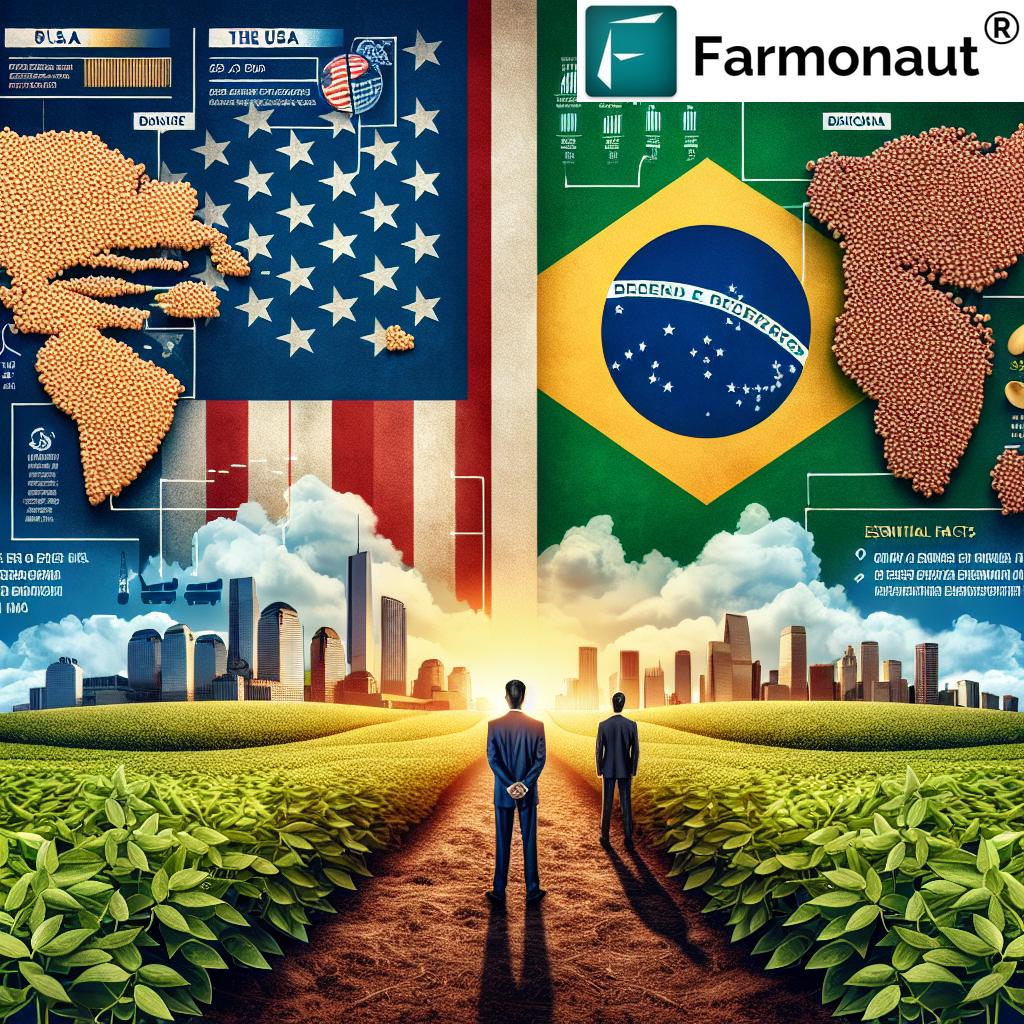Revolutionizing Global Food Systems: President Boakai’s Powerful Vision for Sustainable Agriculture at World Food Forum
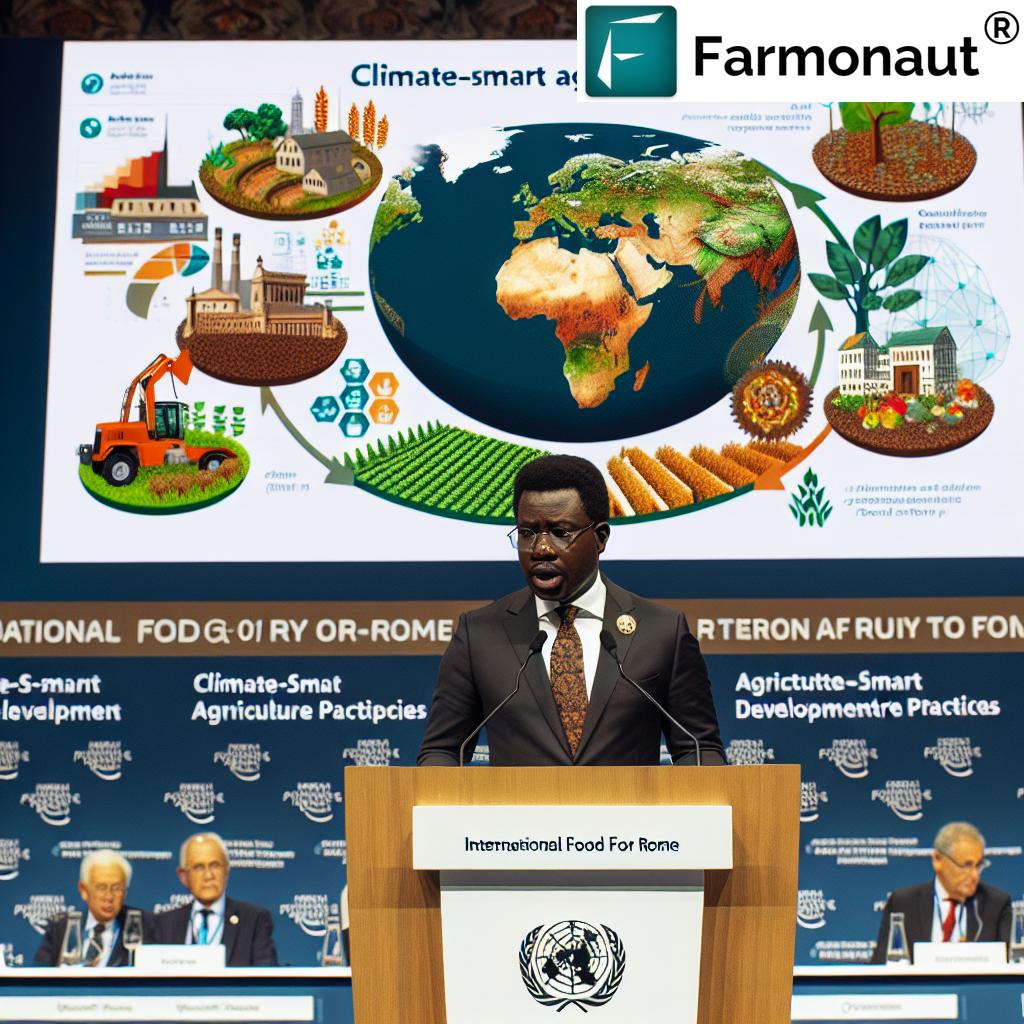
In a groundbreaking address at the World Food Forum in Rome, President Joseph Nyuma Boakai of Liberia has unveiled a compelling vision for global food reform, placing sustainable agriculture at the forefront of international efforts to combat food insecurity and climate change. The President’s four-point strategy, deeply rooted in climate-smart agriculture practices, marks a significant step towards reshaping food systems worldwide.
A Visionary Approach to Sustainable Agriculture
President Boakai’s sustainable agriculture vision presented at the World Food Forum encompasses four key pillars:
- Enhancing local food systems
- Improving climate resilience
- Strengthening social safety nets
- Fostering international cooperation
This comprehensive approach aims to address the multifaceted challenges facing global food security while promoting environmentally responsible practices.
Empowering Smallholder Farmers through Rural Infrastructure Investment
A cornerstone of President Boakai’s strategy is the emphasis on substantial rural infrastructure investment for farmers. Recognizing the critical role of smallholder farmers in food production, the President advocated for improved infrastructure to support their efforts and reduce post-harvest losses.
“By investing in rural infrastructure, we not only empower our farmers but also create a robust foundation for sustainable food systems,” stated President Boakai.
This initiative aligns perfectly with modern agricultural technologies, such as those offered by Farmonaut’s satellite-based crop monitoring system, which can help farmers optimize their practices and increase yields.

Climate-Smart Agriculture: A Key to Food Security
In his address, President Boakai emphasized the critical importance of climate-smart agriculture for food security. He stressed the need for research into drought-resistant crops and the adoption of innovative farming techniques to combat the effects of climate change on agriculture.
“Climate-smart agriculture is not just an option; it’s a necessity for ensuring food security in the face of changing climate patterns,” the President asserted.
This approach resonates with the growing trend of precision agriculture, where tools like Farmonaut’s Satellite Weather API can provide crucial data for informed decision-making in farming practices.
Strengthening Social Protection Programs
Another vital component of President Boakai’s vision is the expansion of social protection programs to combat poverty and malnutrition among vulnerable populations. These programs are integral to creating resilient and equitable food systems.
“We must ensure that our progress in agriculture translates to improved nutrition and well-being for all, especially the most vulnerable,” President Boakai emphasized.

Liberia’s Agricultural Development Plan: A Model for Africa
President Boakai’s vision extends beyond global initiatives to include a robust Liberia agriculture development plan. This plan focuses on:
- Agricultural mechanization
- Value chain development for key crops like cocoa and oil palm
- Empowerment of women and youth in agriculture
- Integration of technological advancements in farming practices
“Our national plan serves as a blueprint for sustainable agricultural development, not just for Liberia, but as a model for other African nations,” the President stated.
This comprehensive approach to agricultural development can be further enhanced by leveraging advanced technologies. For instance, Farmonaut’s API Developer Docs provide insights into how satellite data can be integrated into agricultural planning and execution.

FAO Partnership: Amplifying Global Impact
A significant aspect of President Boakai’s Rome visit was his meeting with FAO Director-General Qu Dongyu. This FAO partnership for sustainable agriculture aims to align Liberia’s national agricultural strategies with global FAO initiatives.
“Our collaboration with FAO is crucial in scaling up our efforts and ensuring that Liberia’s agricultural practices are in line with global best practices,” President Boakai remarked.
This partnership underscores the importance of international cooperation in achieving sustainable food systems globally.
The Road Ahead: Challenges and Opportunities
While President Boakai’s vision sets an ambitious agenda for global food reform, implementing these strategies presents both challenges and opportunities:
- Funding and Resource Allocation: Securing adequate funding for rural infrastructure and research initiatives remains a significant challenge.
- Technology Adoption: Bridging the technological gap in agriculture, especially in developing countries, is crucial for implementing climate-smart practices.
- Policy Harmonization: Aligning national policies with global sustainability goals requires careful navigation of diverse political and economic landscapes.
- Capacity Building: Developing skilled human resources to implement and manage these advanced agricultural systems is essential.
Despite these challenges, the opportunities presented by this visionary approach are immense. The potential for increased food security, improved livelihoods for farmers, and more resilient ecosystems cannot be overstated.
Conclusion: A Call to Action for Global Food Security
President Joseph Nyuma Boakai’s address at the World Food Forum represents more than just a policy statement; it’s a call to action for global leaders, agricultural experts, and technology innovators. His vision for sustainable food systems through climate-smart agriculture, enhanced rural infrastructure, and robust social protection programs offers a comprehensive roadmap for addressing some of the most pressing challenges of our time.
As the world grapples with the dual threats of food insecurity and climate change, the importance of such forward-thinking approaches cannot be overstated. The success of this vision will depend on collaborative efforts, technological innovation, and unwavering commitment from global stakeholders.
In embracing this vision, we move one step closer to a world where sustainable agriculture not only feeds the global population but also nurtures our planet for generations to come.

As we look to the future of agriculture, innovative solutions like those offered by Farmonaut play a crucial role in realizing President Boakai’s vision. By leveraging satellite technology and data-driven insights, we can empower farmers, enhance food security, and promote sustainable agricultural practices worldwide.



